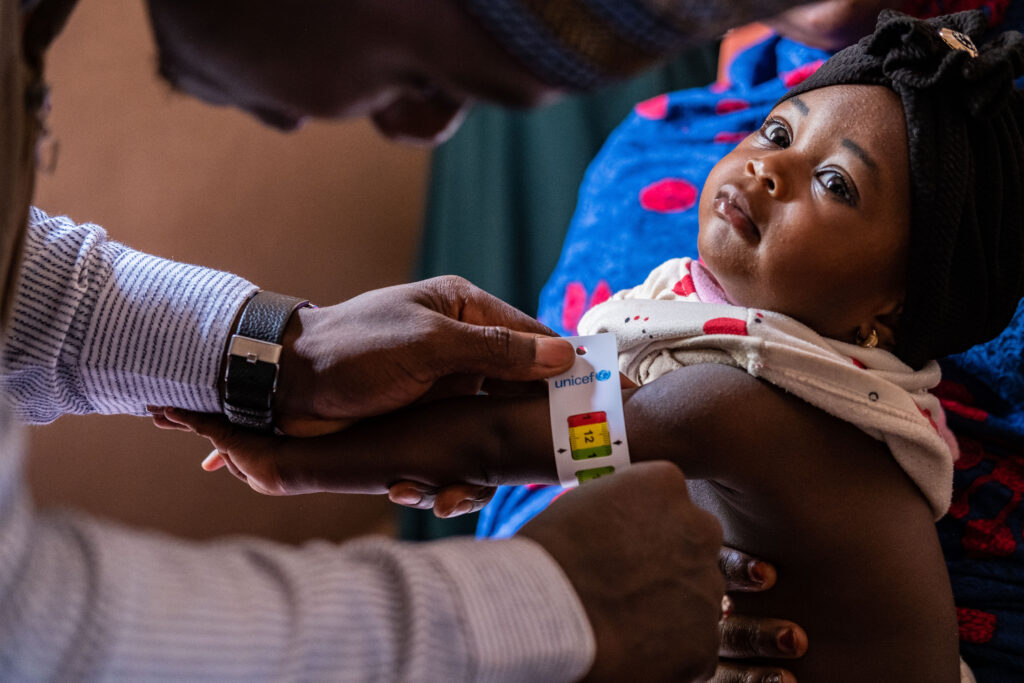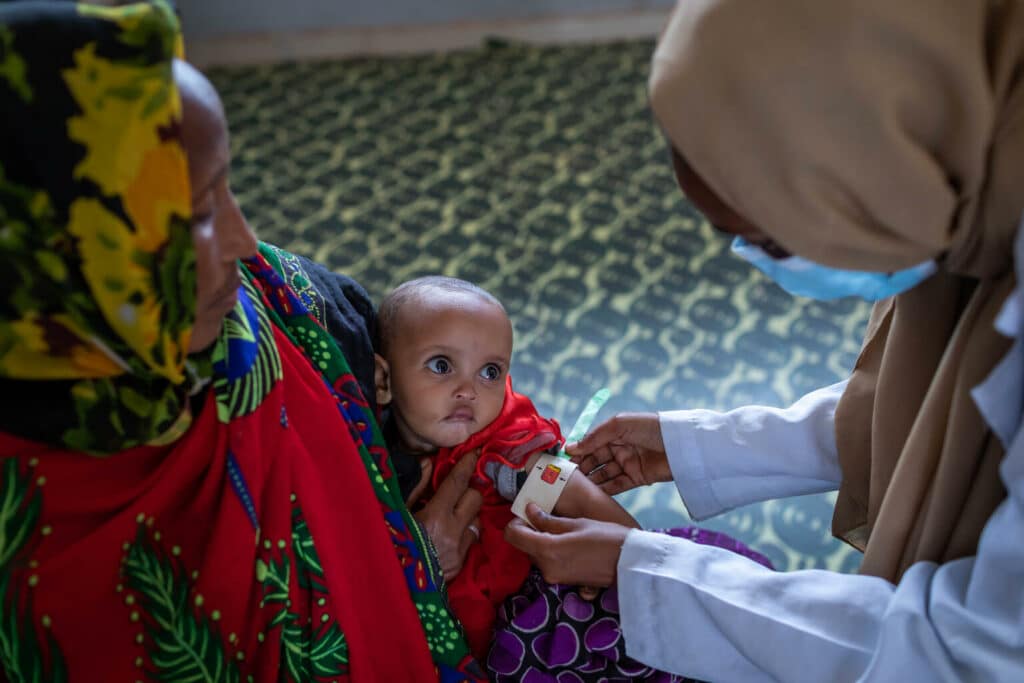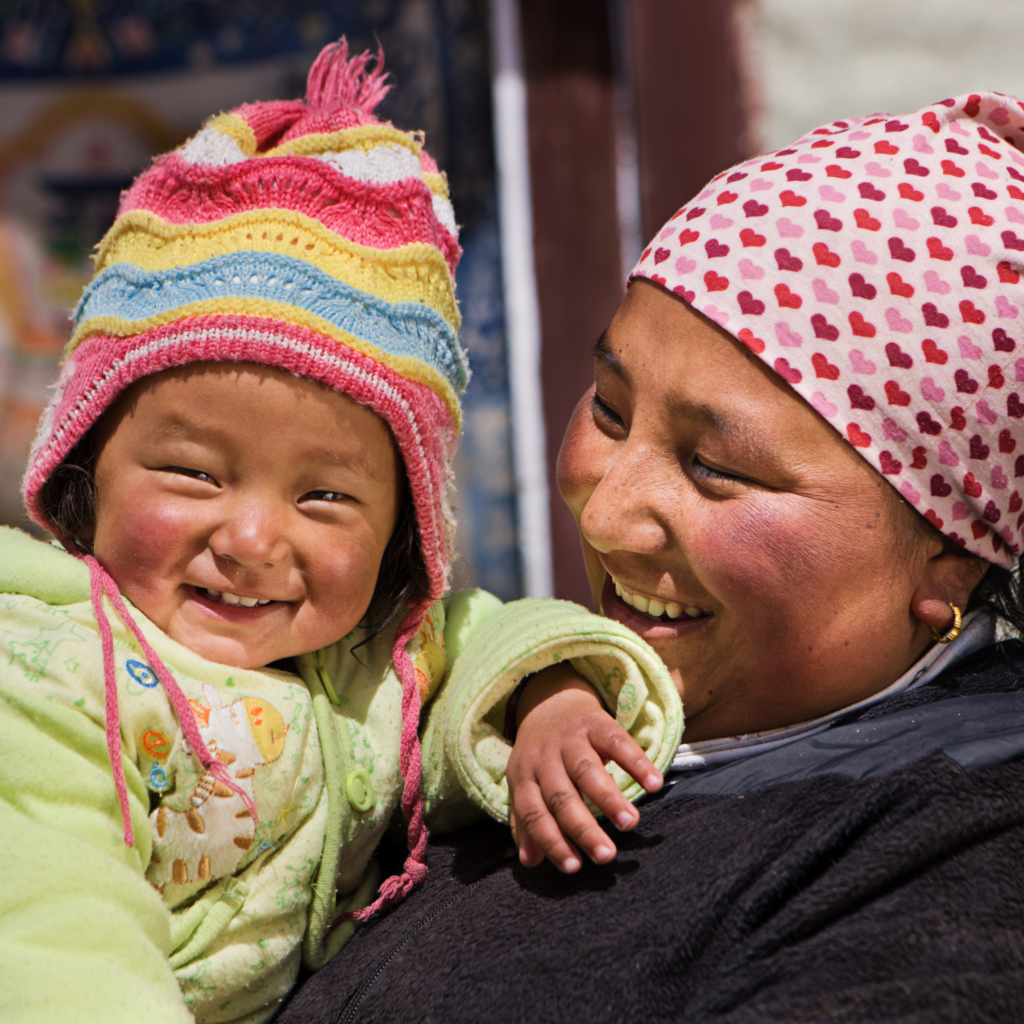On July 7, The Eleanor Crook Foundation (ECF), Triangle Global Health, and IntraHealth convened a roundtable discussion featuring Congresswoman Deborah Ross (NC-02) to discuss North Carolina’s important contributions to global health and development. Participants included leaders representing many of Research Triangle’s top research institutions and nonprofits.
Groups discussed how federal investment and public-private partnerships have enabled North Carolina organizations to multiply the impact of their efforts to fight malnutrition and foster food security across the globe—while simultaneously generating local economic benefits in the process.
“One of the things that we do with the [U.S. House] Science, Space, and Technology Committee is talk about how we should invest our research dollars. We have talked even more about doing things that are multi-disciplinary and we have talked about investing in the researchers themselves, whether they’re healthcare researchers or other researchers, and diversifying who does our research,” Congresswoman Ross said during her remarks, “Because, of course, we want those brilliant PhDs in the world doing our research, but we also want people who have a profound connection to their communities.”
Contributing to North Carolina’s economy while curtailing malnutrition
Historically, these investments have contributed to North Carolina’s economy. In recent years, global health research and development efforts have attracted significant federal funding to the state, which has further strengthened efforts throughout the Research Triangle to curtail malnutrition and improve global health. As Dr. Timothy Mastro, Chief Science Office of Durham nonprofit FHI 360, explained during the roundtable:
“The reason you have these robust NGOs here is largely because of the investment in RTP and investments in the universities—and it’s really just one success leads to the other.”
This virtuous cycle feeds into the North Carolina economy: North Carolina-based global health research and development contributed approximately $3.7 billion to the state’s GDP and supported more than $1.6 billion in annual wages, salaries, and benefits in 2015.
Organizations participating in the roundtable offered examples of how they effectively channel the Triangle’s existing talent, resources, and partnerships into their global health and food security initiatives, and, in turn, transfer knowledge and experience gained in the field to further improve their North Carolina-based research, training, and advocacy programs.
Among the illustrative examples highlighted during the roundtable discussion include:
- Duke University’s Global Health Institute, which takes a multidisciplinary approach in faculty hiring and research curriculum design. The Institute works with other departments and programs at Duke, such as the Sanford School of Public Policy’s World Food Policy Center, which seeks to advance connected and inclusive food system policy in support of equity and resilience of local, national, and global food systems.
- University of North Carolina’s Gillings School of Global Public Health houses one of the nation’s top nutrition departments, where researchers study topics including how malnutrition increases obesity and makes children more vulnerable to diseases including malaria.
- FHI 360, an international non-profit based in North Carolina, finds that its work benefits from federal investment in global health and food security research in the state in multiple ways. In addition to implementing federally funded nutrition programs across the globe, public funding also strengthens the local education institutions that have provided training to many of the organization’s employees.
- Research Triangle Institute (RTI) International, headquartered in Research Triangle Park, and IntraHealth, a nonprofit dedicated to helping developing countries improve public health capabilities, have both supported USAID health programs to provide nutrition assistance.
Facing unprecedented disruptions to food and health systems, North Carolina combats malnutrition through a coordinated, collaborative approach
North Carolina’s success in multi-sectoral collaboration toward combating malnutrition and food insecurity demonstrates the tremendous opportunity that exists—as well as the ongoing need for sustained investment—for a coordinated, holistic approach to strengthening individual programs. The diverse, yet interrelated, work of North Carolina entities is particularly salient today, when the COVID-19 pandemic’s unprecedented disruptions to food and health systems have resulted in a projected rise in global malnutrition of up to 50 percent.
“For all of us now in global health, our jobs have never been harder,” ECF CEO Will Moore said, “We’re doing work to directly fight the virus, but we also have to fight the secondary impact of COVID. Since COVID started, poverty is on the rise. Food systems have been massively disrupted, and local health systems around the world shut down literally overnight. So we are looking at a whole generation of children who have had no touch with the health system.”
Scaling up lifesaving nutrition interventions: Nourish the Future – a powerful five-year roadmap
In the face of these historic successes and recent setbacks, there is an opportunity for U.S. policymakers to increase their focus on the importance of investments in concrete global health initiatives to strengthen essential food and health services both at home and abroad. One of the ways to do so is for the Biden administration to consider adopting Nourish the Future, a five-year roadmap for the U.S. to scale up the most lifesaving nutrition interventions in nine focus countries. If implemented, it can help save the lives of two million children and improve the lives of 500 million women and children.
Such bold, U.S.-led initiatives will only serve to build on the state and local initiatives that North Carolina is already doing. You can read more about how U.S. leadership in food security and other global health areas benefits the North Carolina economy here.
ATTRIBUTIONS
Image 1 – © Gene Gallin on Unsplash





